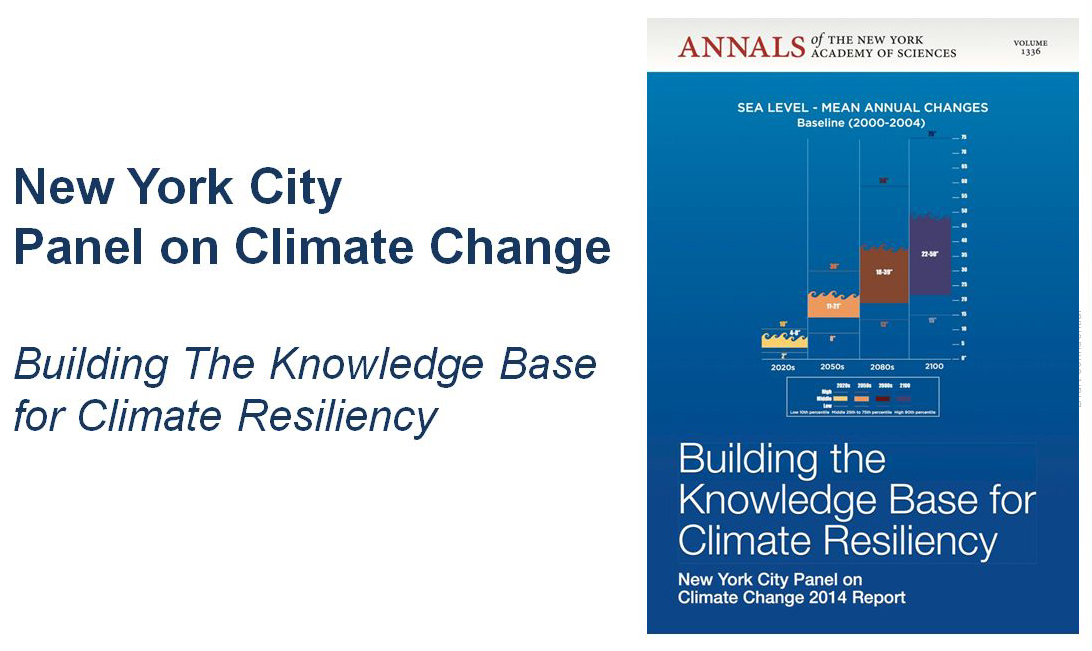Problem, Solution, SitRep, or ?:

Report Contents
Documents observed climate changes and provides climate projections for the first time through 2100 for temperature, precipitation, and sea level rise
Presents new maps for the coastal flood risks through 2100 for the current 100-year (1% annual chance of occurrence) and 500-year (0.2% annual chance of occurrence) coastal flood events
Recent Comments